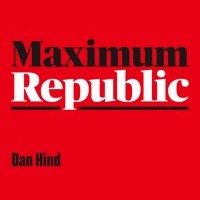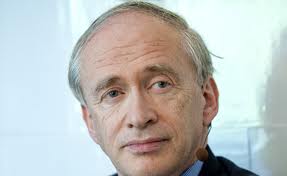
Taking Back the Economy: The market as a Res Publica
Republicans seek to protect and promote individual freedom. So do libertarians of the right. The difference? Republicans recognise that the market is constructed through political, public action. Freedom in the republican tradition requires enjoyment of the fundamental liberties with the security that only a rule of law can provide. You must be publicly protected and resourced in such a way that it is manifest to you and to all that under local (not unnecessarily restrictive) conventions: you can speak your mind, associate with your fellows, enjoy communal resources, locate where you will, move occupation and make use of what is yours, without reason for fearing anyone or deferring to anyone. You have the standing of a liber or free person; you enjoy equal status under the public order and you share equally in control over that order. [This post is part of the Democratic Wealth series, hosted by Politics in Spires in partnership with Our Kingdom.]

Q&A: Dan Hind, author of “Maximum Republic”
Britain has been fooled. Told that ‘republicanism’ just meant sacking the monarchy, the British have missed its radical vision for the future. James Stern-Weiner, co-editor of the New Left Project, interviews Dan Hind, the author of a new pamphlet that seeks to ignite the flame.

What is Political Thinking?: A Q&A with Professor Michael Freeden
Recently retired from Mansfield College, Oxford, Professor Michael Freeden, a political theorist is best known for his work on political ideologies, a subject often maligned as an inferior cousin of political philosophy and political theory. Marx did no favours for the term, of course, and End of Ideology thinkers like Daniel Bell and Seymour Martin Lipset defined ideologies so narrowly and pejoratively that few are inclined to attach their thinking to the moniker – or believe it is worth studying. But scholars interested in the interaction between ideologies and language, like Freeden, and also post-Marxist scholars like Ernesto Laclau and Chantal Mouffe, have resurrected the study – and the word. In his landmark book, Ideologies and Political Theory, Freeden argues that …









